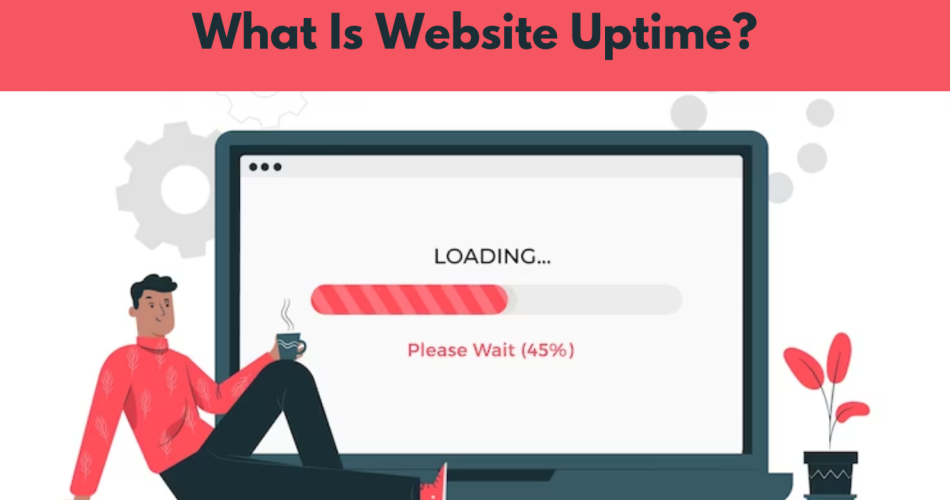In the realm of web hosting, uptime holds significant importance for website owners and businesses alike. It refers to the amount of time a website remains accessible and operational to users.
At Kwikaweb, we prioritize uptime and provide reliable hosting solutions to keep your website up and running, enabling you to focus on your online success.
In this blog post, we will delve into the concept of uptime, how it is calculated, factors that affect it, its importance, and effective strategies to maximize uptime for a seamless online experience.
What Is Uptime in Web Hosting?
Uptime represents the duration during which a website is up and running, available for users to access its content and services. It is typically measured in percentages and reflects the reliability and availability of a website on the internet.
How Is Uptime Calculated?
Uptime is calculated by dividing the total time a website is operational by the total time in a given period (typically a month). For example, if a website is available for 28 days out of a 30-day month, the uptime would be 28/30 or 93.33%.
Factors Affecting Uptime
Several factors can impact website uptime. These include server stability, network infrastructure, hardware reliability, software updates, security measures, and the efficiency of the hosting provider’s maintenance and monitoring practices. External factors such as power outages, natural disasters, and distributed denial-of-service (DDoS) attacks can also affect uptime.
Why Is Uptime Important?
Uptime is crucial for website owners and businesses due to the following reasons:
1. User Experience: A high uptime ensures visitors can access your website, consume content, make purchases, and engage with your services without interruptions, leading to positive user experiences.
2. SEO Performance: Search engines prioritize websites with high uptime, as it indicates reliability and user satisfaction, potentially boosting search engine rankings and organic traffic.
3. Revenue Generation: A website that remains consistently available maximizes sales opportunities, prevents revenue loss due to downtime, and strengthens customer trust and loyalty.
How to Maximize Uptime:
To maximize uptime, consider the following strategies:
1. Choose a Reliable Hosting Provider: Select a reputable web hosting provider like Kwikaweb that offers robust infrastructure, reliable servers, and proactive monitoring to minimize downtime.
2. Regular Maintenance and Updates: Keep your website’s software, plugins, and themes up to date to ensure optimal performance and security.
3. Implement Redundancy Measures: Utilize redundant systems, load balancing, and failover mechanisms to mitigate the impact of hardware or network failures.
4. Monitoring and Alerts: Employ website monitoring tools to detect downtime or performance issues promptly. Set up alerts to notify you of any potential disruptions.
5. Backup and Disaster Recovery: Implement a regular backup strategy to ensure that website data can be restored quickly in the event of a catastrophe or data loss.
With the right hosting provider, proactive maintenance, monitoring tools, and effective disaster recovery plans, you can maximize uptime and ensure your website remains accessible to visitors. Choose Kwikaweb and experience superior uptime for a seamless and reliable online presence.
